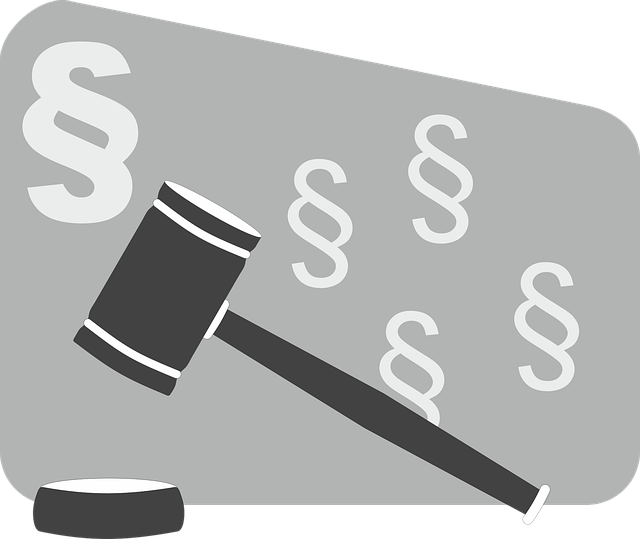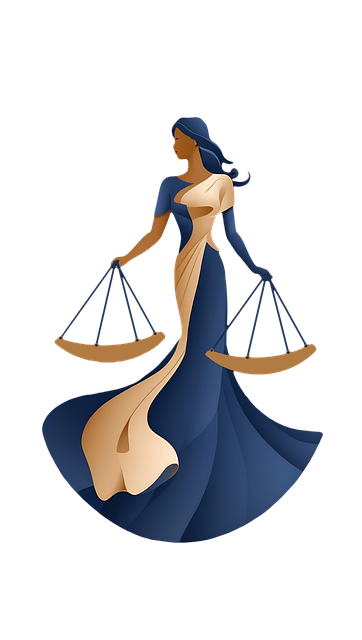Understanding entrapment defenses in criminal law is crucial for navigating public corruption charges. Entrapment arguments can protect individuals and businesses from false accusations by proving law enforcement provocation or exploitation led to illegal acts. Skilled attorneys analyze pre-offense circumstances, evidence, and testimonies to secure dismissals, upholding fairness and integrity.
Public corruption charges have become a significant concern, eroding public trust in institutions. This article serves as an understanding entrapment defenses in criminal law guide for these complex cases. We’ll explore what public corruption charges entail, the key elements needed to prove them, and delve into entrapment defense strategies employed by accused individuals. Furthermore, we’ll analyze various legal defenses and their implications, offering insights into navigating these challenging scenarios within the criminal justice system.
- What Are Public Corruption Charges?
- Elements of Proving Corruption
- Entrapment Defense Strategies
- Legal Defenses and Their Implications
What Are Public Corruption Charges?

Public Corruption Charges refer to allegations of illegal activities involving public officials who abuse their positions for personal gain. This can include acts such as bribery, fraud, and misusing public funds. These charges are a serious matter under criminal law, often carrying severe penalties, including imprisonment and hefty fines. Understanding Entrapment Defenses in Criminal Law is crucial for those facing these accusations.
Entrapment is a legal defense strategy where the defendant argues that law enforcement officers or agents induced them to commit a crime they would not have otherwise carried out. For his clients facing public corruption charges, this defense can be powerful, potentially leading to avoiding indictment or even the complete dismissal of all charges. By presenting compelling evidence of entrapment, legal professionals can help ensure that justice is served without compromising the integrity of the law enforcement process.
Elements of Proving Corruption

Proving corruption in court is a complex process that requires a strong understanding of criminal law and its specific elements. At its core, corruption involves abuse of power for personal gain, which can manifest in various forms such as bribery, fraud, or extortion. To secure a conviction, prosecutors must establish several key elements beyond a reasonable doubt. These include demonstrating that there was an offer or acceptance of something of value, knowledge of illegal intent by the accused, and a direct link between the corrupt act and a significant governmental decision or function.
In many high-stakes cases, particularly those involving white-collar crime, entrapment defenses can play a crucial role. Entrapment occurs when law enforcement officers induce a person to commit a crime they would not have otherwise attempted. Understanding entrapment defenses is essential in navigating the complexities of criminal law, especially when dealing with sensitive business transactions and respective corporate entities. In these cases, a skilled defense attorney can help navigate the legal nuances and protect clients from unfair prosecution.
Entrapment Defense Strategies

In cases of public corruption charges, understanding entrapment defenses is crucial for navigating the complex landscape of criminal law. Entrapment occurs when a general criminal defense strategy involves luring an individual into committing a crime that they would not have otherwise attempted. This legal concept is often leveraged to protect individuals from being unfairly accused, especially in high-pressure environments like philanthropy and political communities where scrutiny is intense.
Strategizing for entrapment defenses requires a thorough examination of the circumstances leading up to the alleged offense. Legal teams must demonstrate that their clients were induced or forced into illegal activities by government agents or others acting on their behalf. This can involve scrutinizing evidence, witness testimonies, and communications to establish whether the accused’s actions were genuinely independent or influenced by external factors. Such defenses are vital in ensuring fairness and preserving the integrity of both general criminal defense practices and the respective business and political processes they serve.
Legal Defenses and Their Implications

In cases of public corruption charges, understanding entrapment defenses in criminal law is crucial for both corporate and individual clients across the country. Entrapment occurs when law enforcement induces a person to commit a crime that they would not have otherwise committed. This legal defense can take various forms, including government provocation or exploitation of vulnerability. If successful, it can lead to the complete dismissal of all charges.
When investigating public corruption, authorities may engage in strategies that could be considered entrapment. For instance, offering incentives or using pressure tactics to persuade individuals or entities to participate in illegal activities. Lawyers defending against such charges must carefully examine the evidence and conduct thorough investigations to determine if the defendant was set up or unduly influenced. The implications of successfully navigating these defenses can be significant, potentially resulting in the acquittal of all charges and protecting the rights and interests of the accused.
Public corruption charges are a serious matter, and navigating the legal complexities surrounding them requires meticulous understanding. By examining the elements of proving corruption and exploring entrapment defense strategies, individuals facing these accusations can better comprehend their rights and potential outcomes. Understanding entrapment defenses in criminal law is crucial for ensuring fairness and protecting against unjust convictions. This knowledge equips folks to make informed decisions and foster a more transparent and accountable society.






